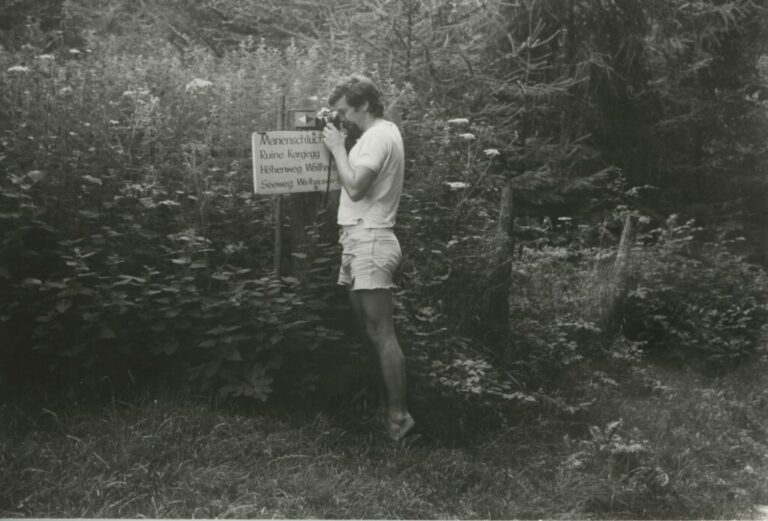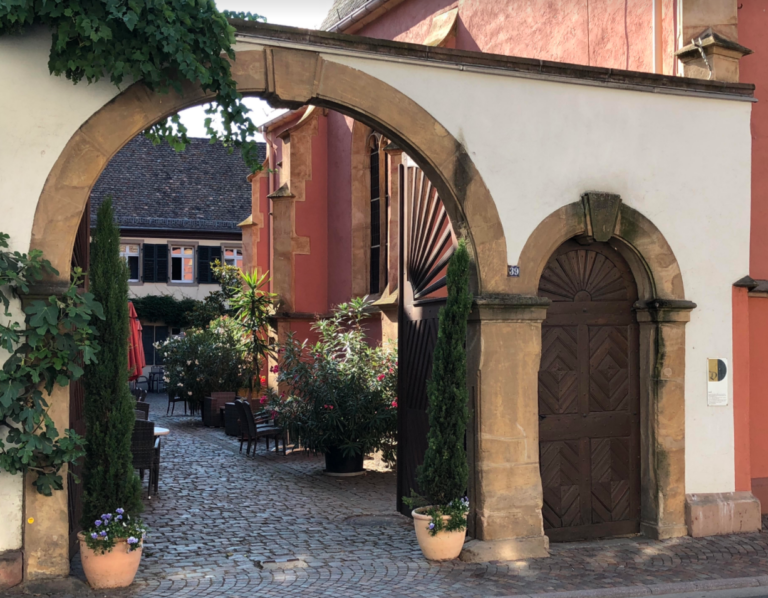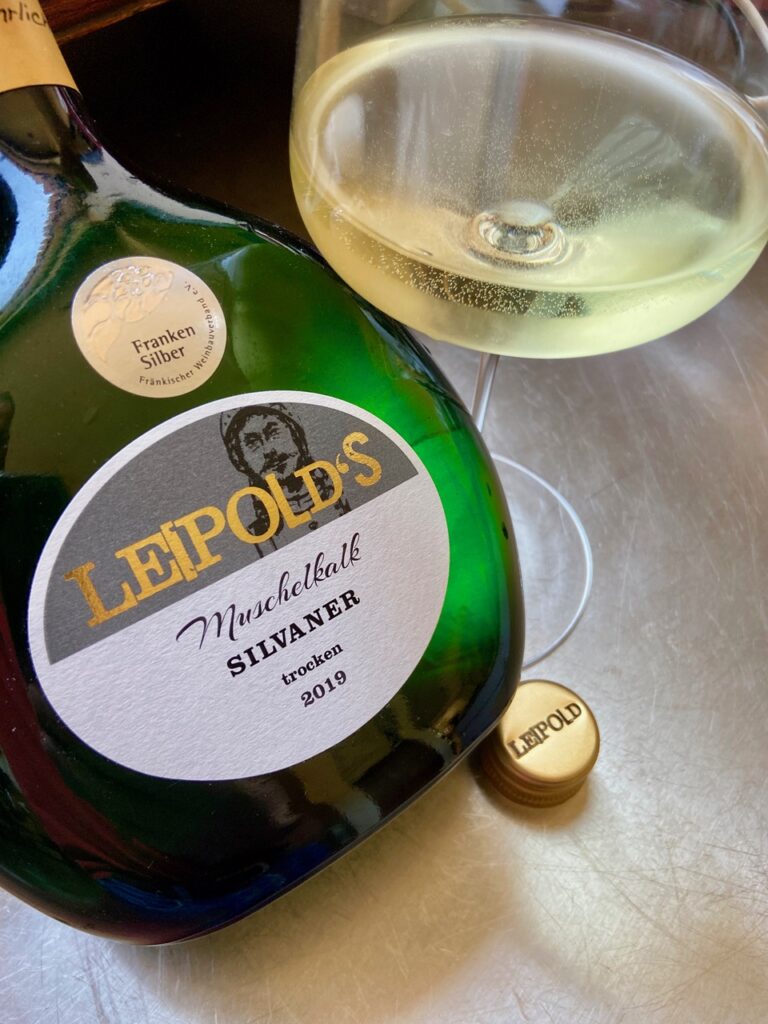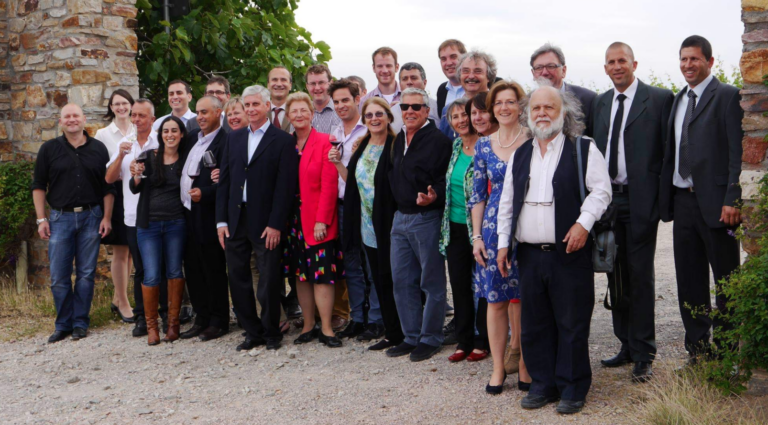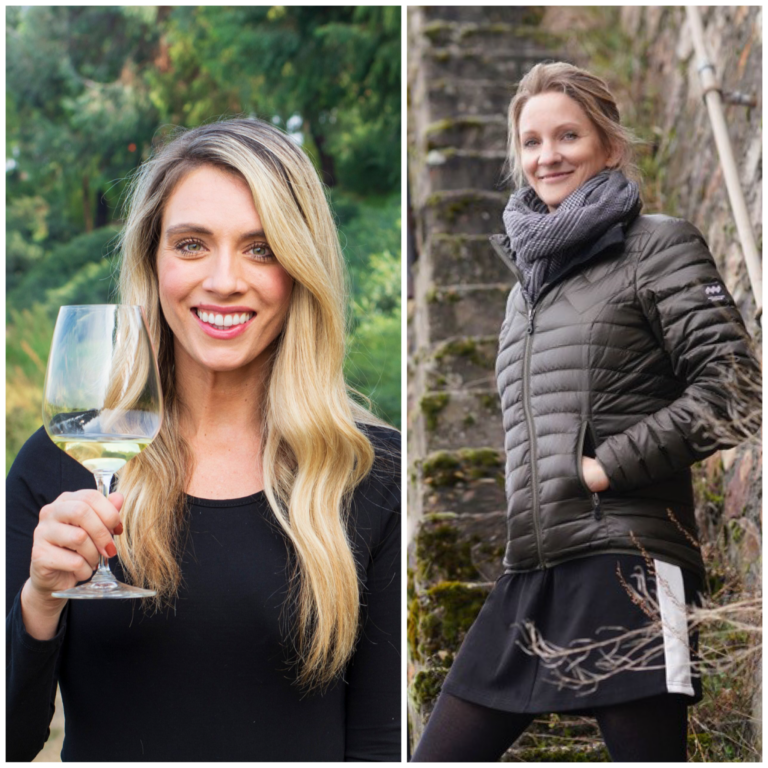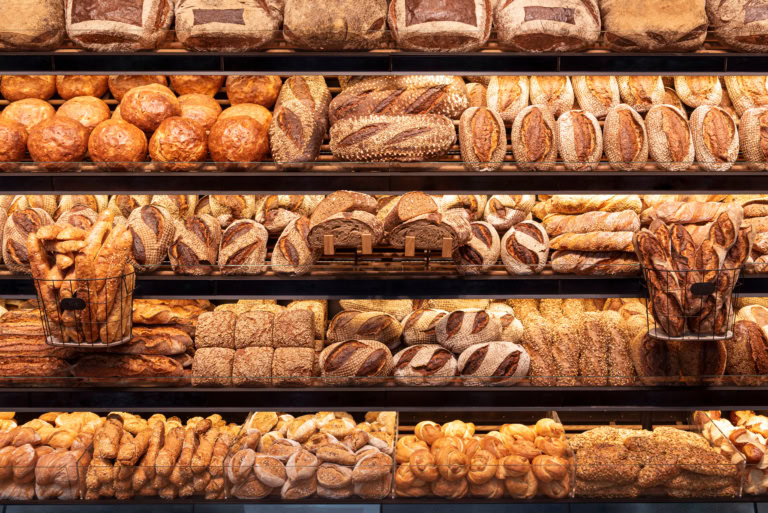WeinGoutte: A Suitcase Winery Unpacks on New Ground
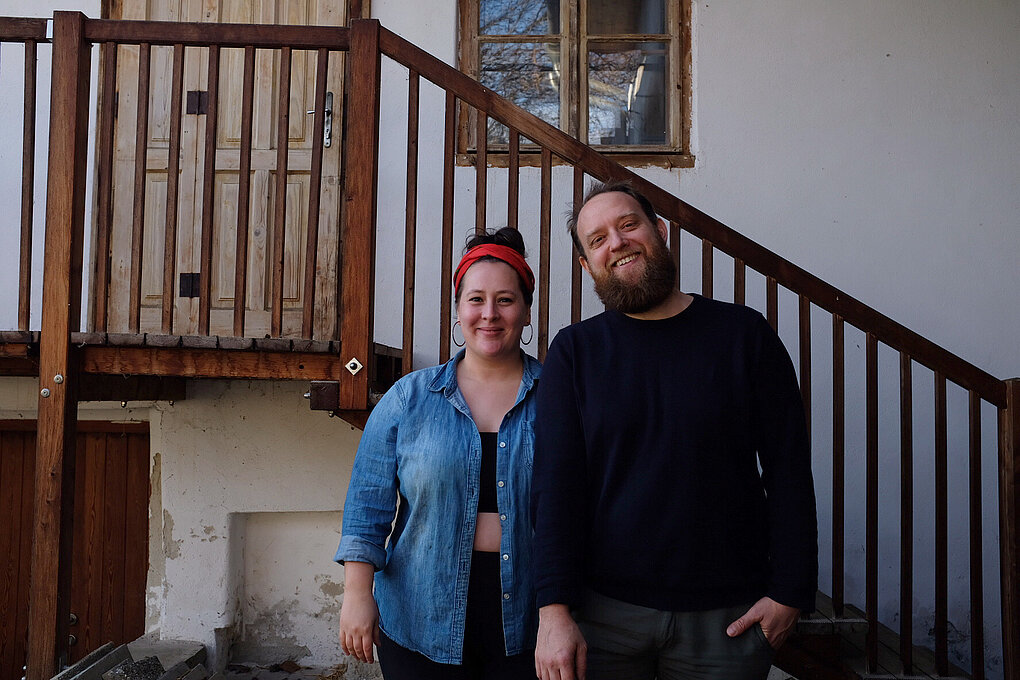
Home is where the vines grow. We’ve all heard variations on that theme. But just how far can that idea be taken? Wein Goutte offers one answer. This portable micro-estate — whose first vintage sold out in a blink — is the brainchild of husband-and-wife team Christoph Müller and Emily Campeau. The concept goes beyond negociant but stops well short of flying winemaker. And it presents an entirely new model for a footloose generation’s interpretation of the relationship between vintner and site. Campeau, a fierce lover of food and wine (and a vivid writer on both), is originally from Québec. Her experiences…

